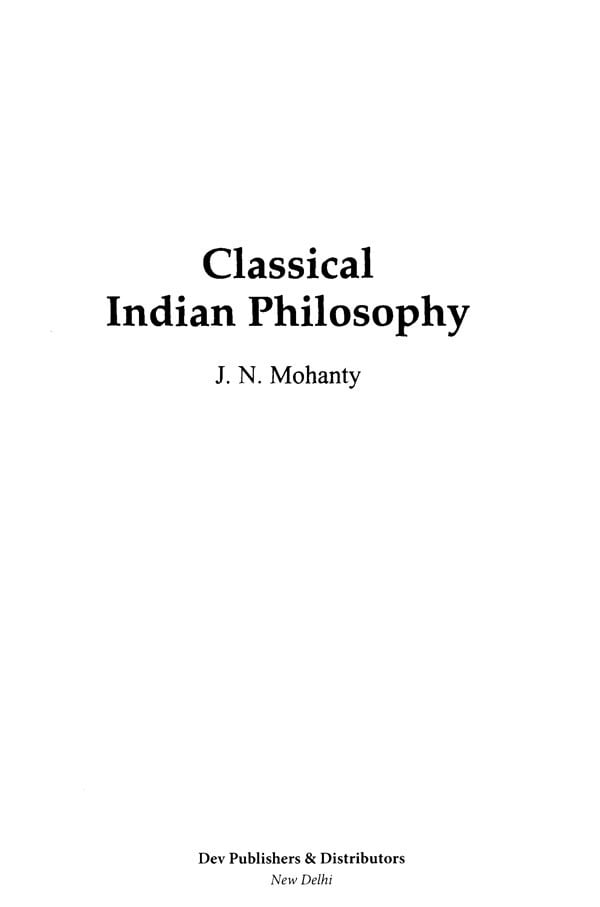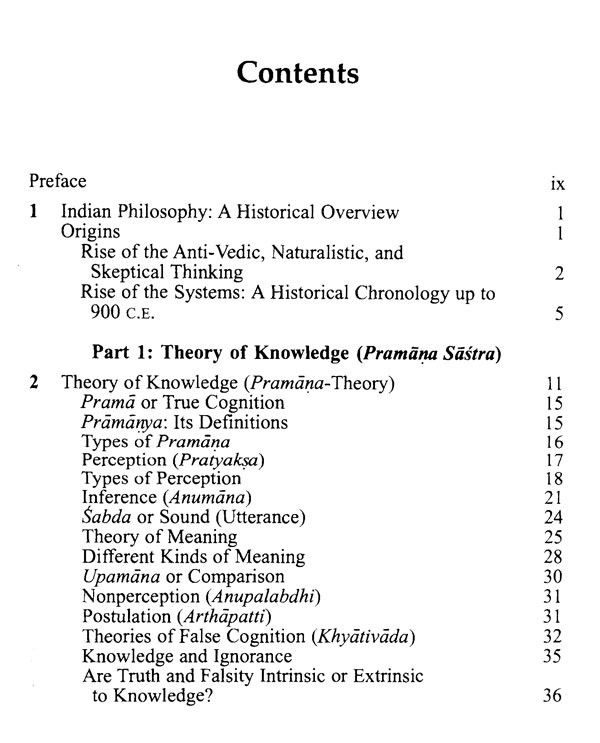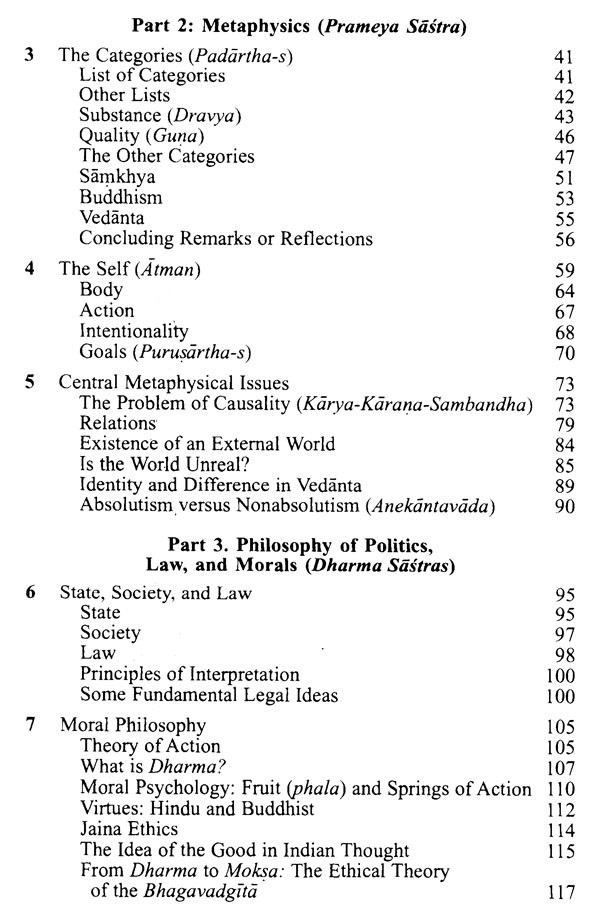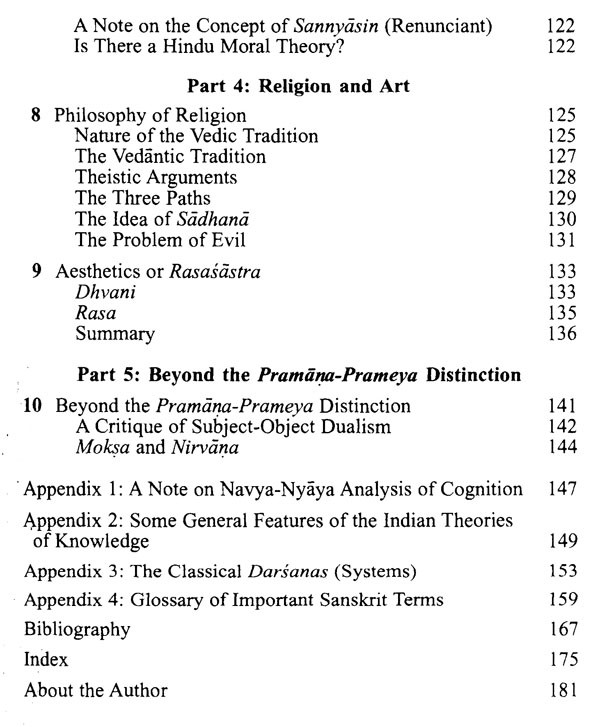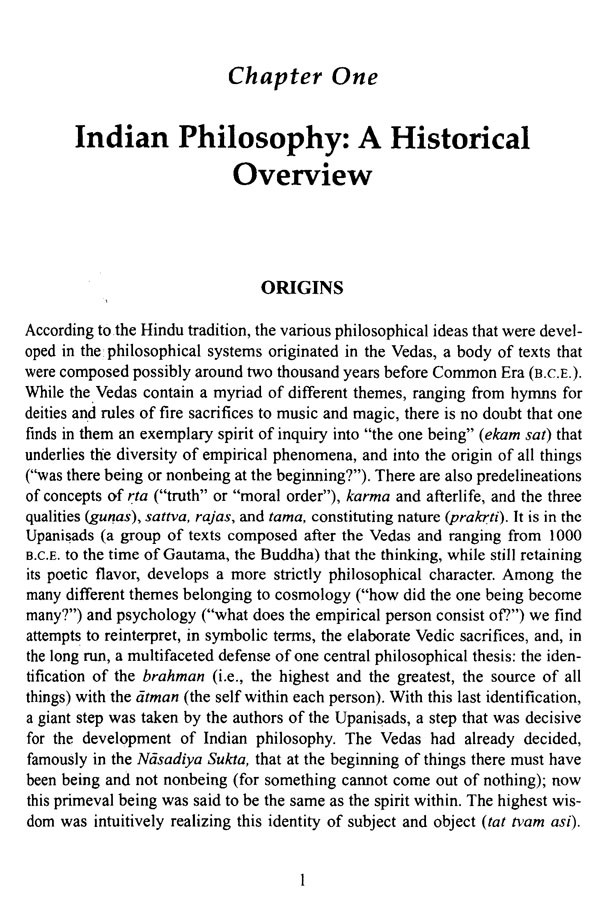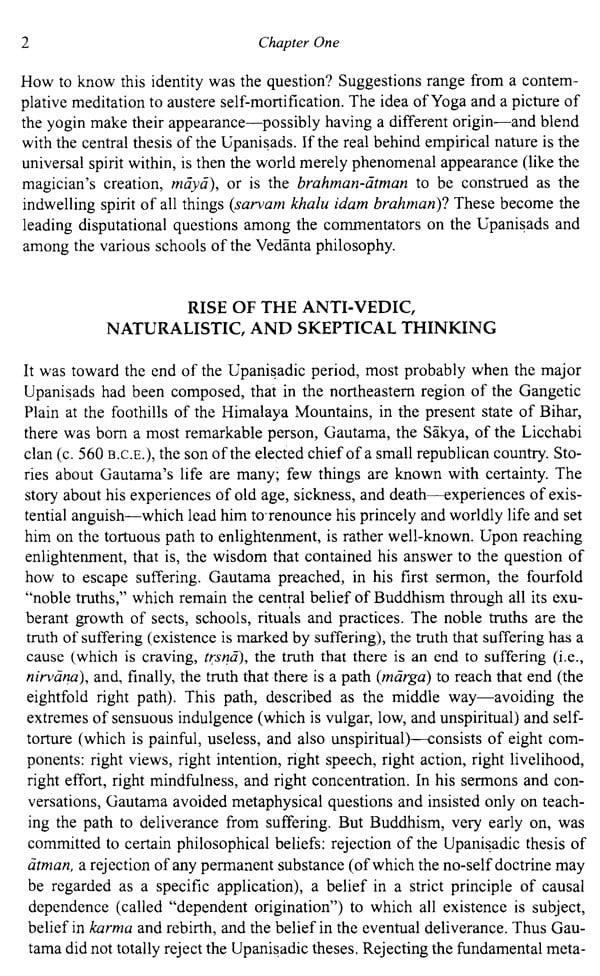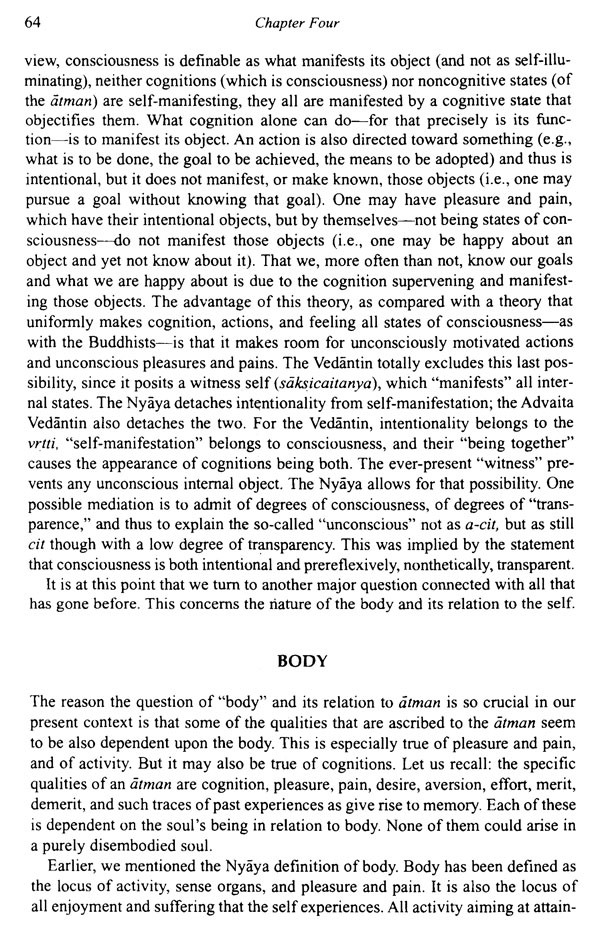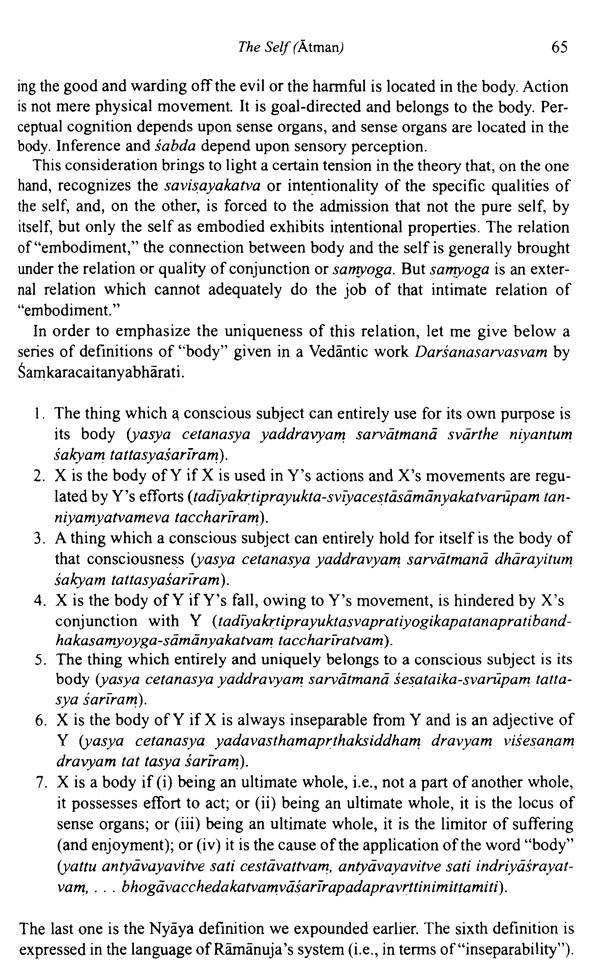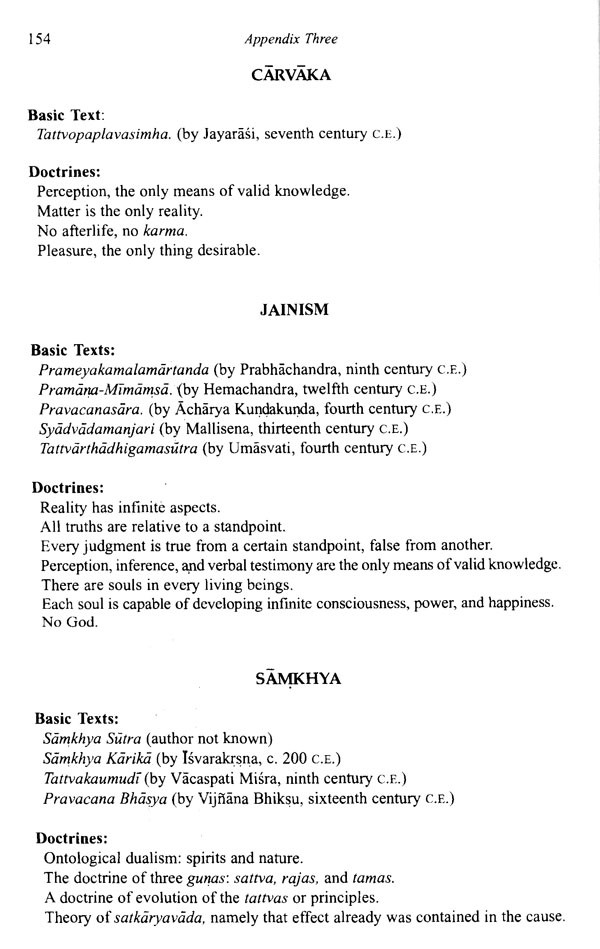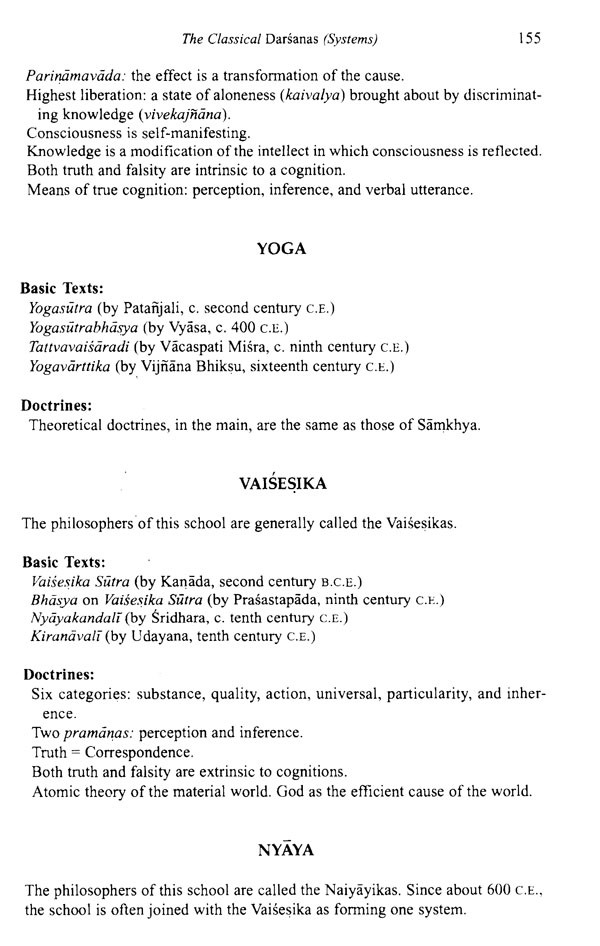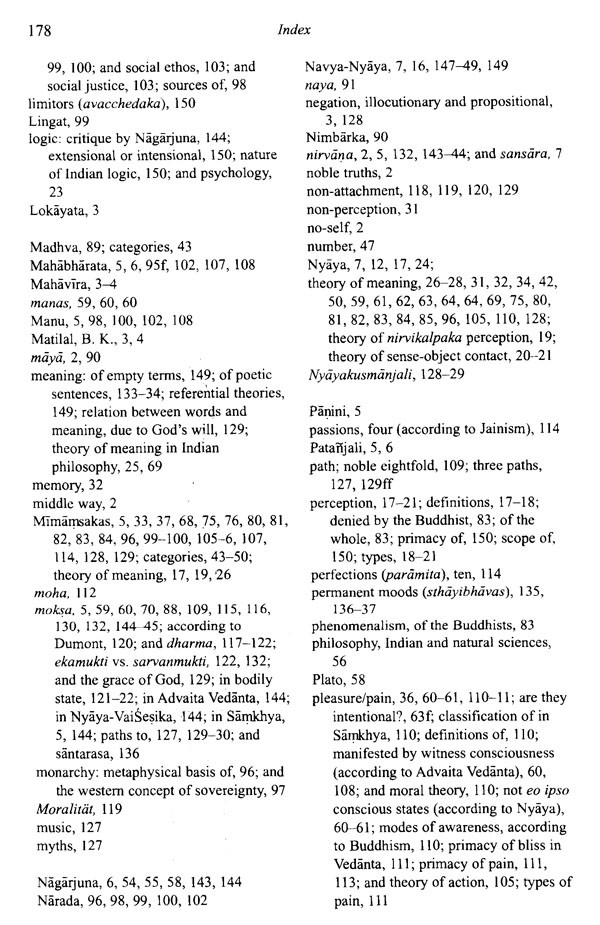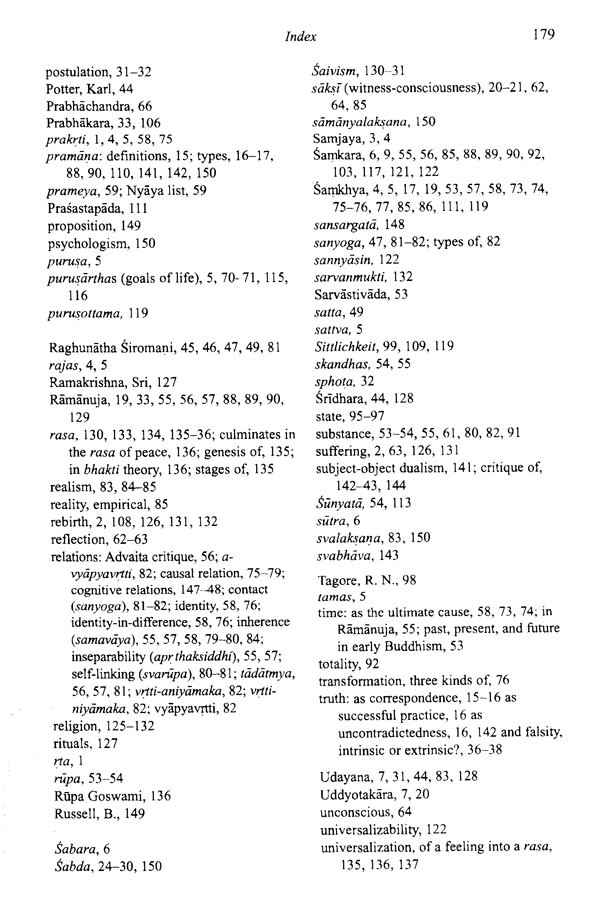About the Book In this comprehensive textbook, renowned philosopher J. N. Mohanty examines the range of Indian philosophy from the Sutra period through the seventeenth-century Navya Nyaya. Classical Indian Philosophy is divided into three parts that cover epistemology, metaphysics, and the attempt to transcend the distinction between subject and object. Instead of concentrating on the different systems, Mohanty focuses on the major concepts and problems dealt with in Indian philosophy. The book includes discussions of Indian ethics and social philosophy, as well as of Indian law and aesthetics. Classical Indian Philosophy is essential reading for students of Indian philosophy at every level.
About the Author J. N. Mohanty is professor of philosophy at Temple University. He is the author of many books, including Reason and Tradition in Indian Thought (Oxford) and Transcendental Philly (Blackwell).
Preface This is a book that I always wanted to write, but the project had to be postponed up until this stage in my life. Having learned Indian philosophy under two great Sanskrit Pandits-the late Mm. Yogendranath Tarkavedantatirtha and the late Pandit Ananta Kumar Tarkatirtha-I wanted to convey to Western scholars something of the education I had received. Hopefully, I have succeeded in doing so in some measure. There are gaps that I would like to fill, and there are topics on which I would like to elaborate, should there be an opportunity to do so in the future. For the present, I am glad to be able to send this manuscript to the press. This book could not have been written without the help of Professor Bina Gupta. She helped me in organizing my ideas--and in preparing the manu script-in effect, overcoming those intellectual and technological infirmities that come with old age.
**Contents and Sample Pages**
